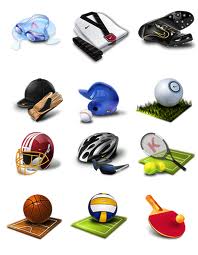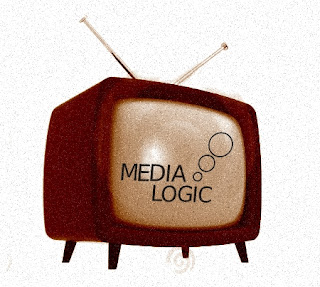There are many different kinds of sports played in Britain such as tennis, football, cricket and rugby. Each of kinds of sports has its own fans and popularity.
Cricket is not the national sport of Britain. The big numbers of fans come from middle classes in Scotland, Wales and Northern Ireland. Only in England and small parts of Wales, it is played at top level. In addition, the majority of population do not understand its rules. However, the cricket is much more than just a sport, it symbolizes a way of life – a slaw and peaceful rural way of life. Cricket related with the afternoon summer, the small of new grass and the sound of leather ball connecting with willow which is the wood from cricket bate are made. However, one game of cricket takes a long time which many people do not have it. The crickets’ events in Britain are Lord’s and the Oral in London, Trent Bridge in Nottingham, Edgbaston in Birmingham, Old Trafford in Manchester and Headingly in Leeds.
The football is very popular everywhere in the UK except South Wales. It is the most popular sport in the country’s state school and one of the popular participatory sports for adults. Football is the national sport in the UK. The British football has traditionally drawn from the working class. Firstly, the intelligentsia ignored it. Then, it started to attract wider interest in the last two decade of the twentieth century. The football famous venues are Wembley in London and Hampden Park in Glasgow. There are many football teams across Britain such as Chelsea, Arsenal, Manchester United, Manchester City and Liverpool.
There are two versions of rugby: rugby union and rugby league. They are very similar to each other – that mean if someone good at one of them, can quickly learn to become good at the other. The real different between them is the rugby union is older than the rugby league. The rugby played from the working class in the north of England. Rugby league is a working class sport in Britain while rugby union is sport for middle classes. Except in South Wales, rugby union is a sport for all classes and more popular than football. The phrase ‘national day’ in Wales means only one thing that the national rugby team are playing. The famous rugby venues are Twickenham in London, Millennium Stadium in Wales, Murrayfield in Edinburgh and Lansdowne Road in Dublin.
There are other sports also played in Britain. Additional to the sports already mentioned, hockey is quite popular and both basketball for men and netball for women are popular also. The British people have a preference for the team games while the individual sports such as athletics, cycling, gymnastics and swimming have comparatively small followings. There are two main exceptions for this. One is boxing where some people cam gambling. But while boxing is declining im popularity, the second exception, motor sports is become popular.
ref:
O'Discdl, T. (2004) 'Sport and Competition' , Oxford 1995.



































